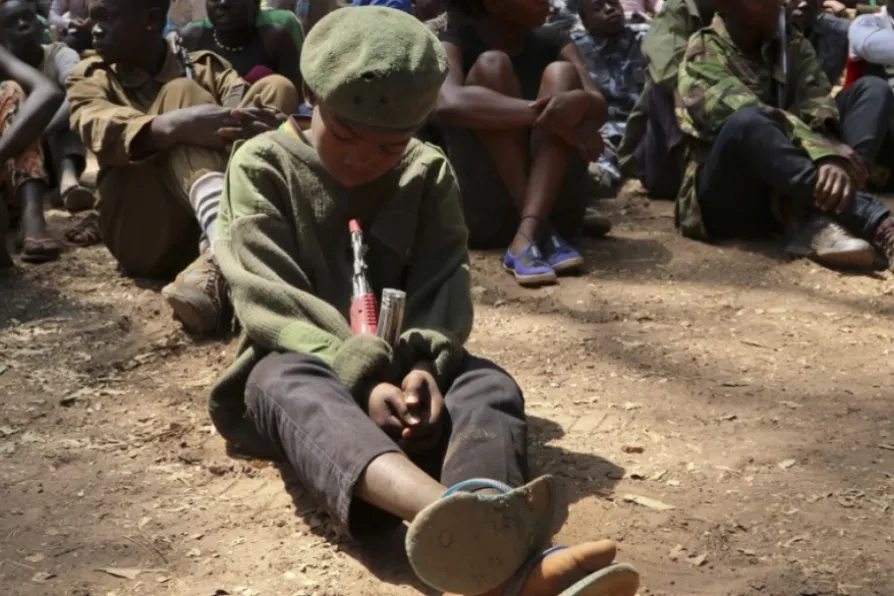UN warns of famine in South Sudan

 South Sudan has been rocked by civil war for most of the past five years
South Sudan has been rocked by civil war for most of the past five years
SOUTH SUDAN is once again on the brink of famine, the United Nations warned yesterday in a report on the civil war-torn country.
More than six million people, up by about 40 per cent from a year ago before a famine was briefly declared, are at threat without aid, says the joint report with South Sudan’s government.
It says 150,000 people in 11 counties in Jonglei, Upper Nile, Unity and Western Bahr el Ghazal states could slip into famine this year.
Similar stories













